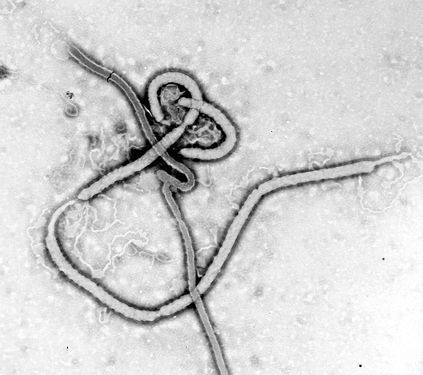London is pushing to become the Western capital for sharia finance in spite of the many potential dangers.
This past November, London hosted the 2013 World Islamic Economic Forum. Speaking at that event, Prime Minister David Cameron said: “I want London to stand alongside Dubai and Kuala Lumpur as one of the great capitals of Islamic finance anywhere in the world.” In February, London hosted the Euromoney Islamic Finance Forum, where then-Financial Secretary to the Treasury Sajid Javid MP said: “…almost every international Islamic contract will touch London – or a London-based firm – in some way.”
Now, London is preparing to become the first Western nation to issue an Islamic bond, or sukuk. The business potential is vast, with the shariah-complaint banking sector at an estimated $1.3 trillion and growing, according to the Global Islamic Financial Review. But the potential risks are manifold, and London should be asking itself whether the dangers outweigh the profits.
The principle behind sharia-compliant finance is that certain types of transactions are considered un-Islamic. Notably, interest is not allowed, and funds cannot be spent on certain industries or products such as pork, alcohol, tobacco, gambling, and pornography. Islamic financial tools therefore “purify” individual Muslims by helping them adhere to a more orthodox version of Islam. But it does more: like the wearing of the veil for women, it strengthens their identity as Muslims and weakens their ties to the non-Muslim community. Islamic finance thereby serves to create a parallel society, with a distinct cultural and religious identity, rather than expanding and enriching the existing society.
For the United Kingdom, which is already struggling with no-go zones, numerous counts of domestic Islamist terrorism, and growing tension between its Muslim and non-Muslim populations, one has to ask whether strengthening Muslim identity as something apart from British identity is not a recipe for disaster.
A second concern with sharia finance is that it has been a proven source of direct financial assistance to those fighting for Islam. In order to be deemed sharia compliant, a financial institution must pay zakat (tithing): they must contribute an amount that is typically cited as 2.5% of gross, although it can also be more. According to the Qu’ran (9:60), recipients of zakat include the poor, the needy, those who serve the needy, and to free the slaves, but recipients also include “those who fight in the way of Allah”; “people engaged in Islamic military operations for whom no salary has been allotted in the army, or volunteers for jihad without remuneration.” (Reliance of the Traveler, The Classic Manual of Islamic Sacred Law).
Within one year after the attacks of 9/11, the U.S. government blacklisted almost 180 Islamic banks, associations, and charities as financiers of terrorism. Moreover, recent studies have shown that the largest single source of funds for Islamic terrorism is zakat, which typically goes through the Islamic banking system. According to a 2002 report by Jean-Charles Brisard for the UN Security Council: “Al-Qaeda was able to receive between $300 million and $500 million” over a decade “through a web of charities and companies acting as fronts, with the notable use of Islamic banking institutions.”
The Conservatives at Breitbart have the full article










